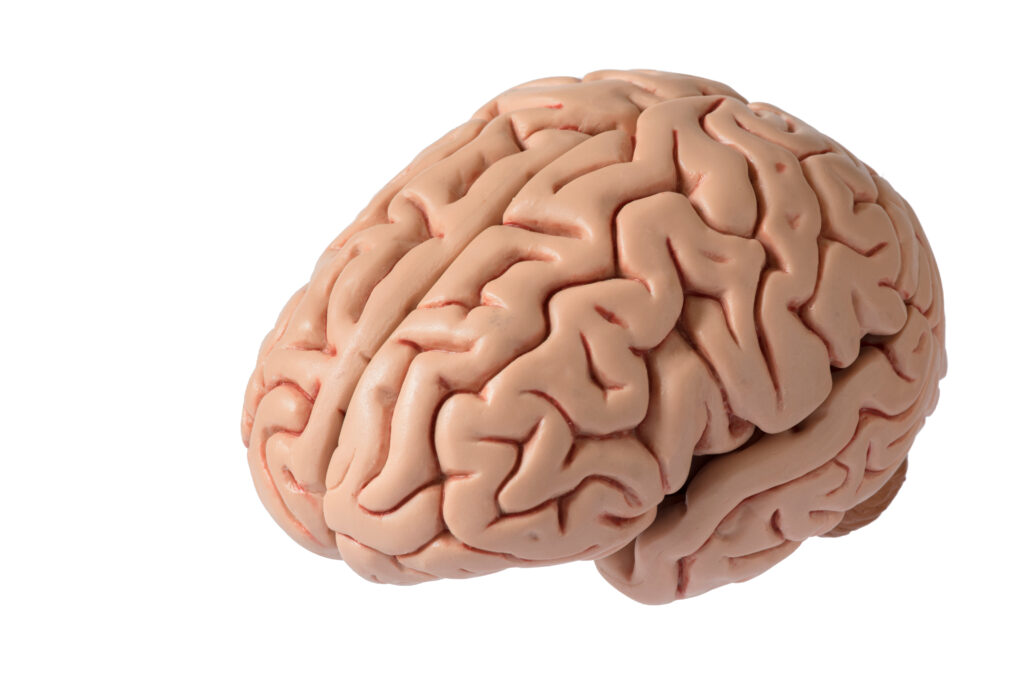### How Vitamin D Deficiency May Increase Dementia Risk
Dementia is a serious condition that affects millions of people worldwide, and researchers are constantly looking for ways to prevent it. Recently, studies have suggested that a lack of vitamin D in the body may increase the risk of developing dementia. In this article, we will explore how vitamin D deficiency can contribute to dementia and what you can do to stay healthy.
### What is Vitamin D?
Vitamin D is a nutrient that is essential for our overall health. It helps our bodies absorb calcium, which is crucial for building strong bones. Vitamin D also plays a role in immune function and mood regulation. However, its benefits don’t stop there. Research has shown that vitamin D may also have a protective effect on the brain, potentially reducing the risk of dementia.
### The Link Between Vitamin D and Dementia
A recent study published in the journal Alzheimer’s and Dementia: Diagnosis, Assessment, and Disease Monitoring found that people who took vitamin D supplements had a 40% lower risk of developing dementia compared to those who did not take supplements. This study involved over 12,000 participants who did not have dementia at the start of the research. The results were impressive, but experts caution that more research is needed to fully understand the relationship between vitamin D and dementia.
### Why Does Vitamin D Help?
There are several theories about how vitamin D might lower the risk of dementia. One theory is that vitamin D has anti-inflammatory and antioxidant effects, which support brain health. Vitamin D also helps clear beta-amyloid, a protein that is associated with Alzheimer’s disease. Additionally, it may slow the buildup of tau tangles, another hallmark of Alzheimer’s.
### Other Factors That Increase Dementia Risk
While vitamin D deficiency is a significant risk factor, it is not the only one. Other factors that can increase the risk of dementia include:
– **Lack of Exercise**: Regular physical activity is essential for brain health. Aim for at least 150 minutes of moderate-intensity exercise per week.
– **Poor Diet**: Eating a Mediterranean diet rich in fruits, vegetables, and healthy fats can help protect your brain.
– **Insufficient Sleep**: Getting enough sleep is crucial for cognitive function. Aim for 7-8 hours of sleep each night.
– **Smoking and Alcohol Use**: Both smoking and excessive alcohol consumption can increase the risk of dementia.
– **Chronic Stress and Depression**: Chronic stress and depression can also contribute to dementia risk.
– **Type 2 Diabetes**: High blood sugar levels, such as those seen in type 2 diabetes, can increase the risk of dementia.
– **Obesity**: Being overweight or obese can lead to other health issues that increase dementia risk, such as high blood pressure and type 2 diabetes.
### What Can You Do?
To reduce your risk of dementia, consider the following steps:
1. **Take Vitamin D Supplements**: If you are not getting enough vitamin D from sunlight or your diet, consider taking a supplement. However, always consult with your healthcare provider before starting any new supplements.
2. **Exercise Regularly**: Engage in moderate-intensity exercise for at least 150 minutes per week.
3. **Eat a Healthy Diet**: Focus on a Mediterranean diet rich in fruits, vegetables, and healthy fats.
4. **Get Enough Sleep**: Aim for 7-8 hours of sleep each night.
5. **Avoid Smoking and Excessive Alcohol**: Both smoking and excessive alcohol consumption can increase dementia risk.
6. **Manage Stress and Depression**: Engage in stress-reducing activities and seek professional help if you are experiencing depression.
7. **Maintain a Healthy Weight**: Avoid obesity by maintaining a healthy weight through a balanced diet and regular exercise.
By understanding the role of vitamin D in brain health and incorporating these lifestyle changes, you can significantly reduce your risk of developing dementia. While more research is needed to fully understand the relationship between vitamin D and dementia, the current


